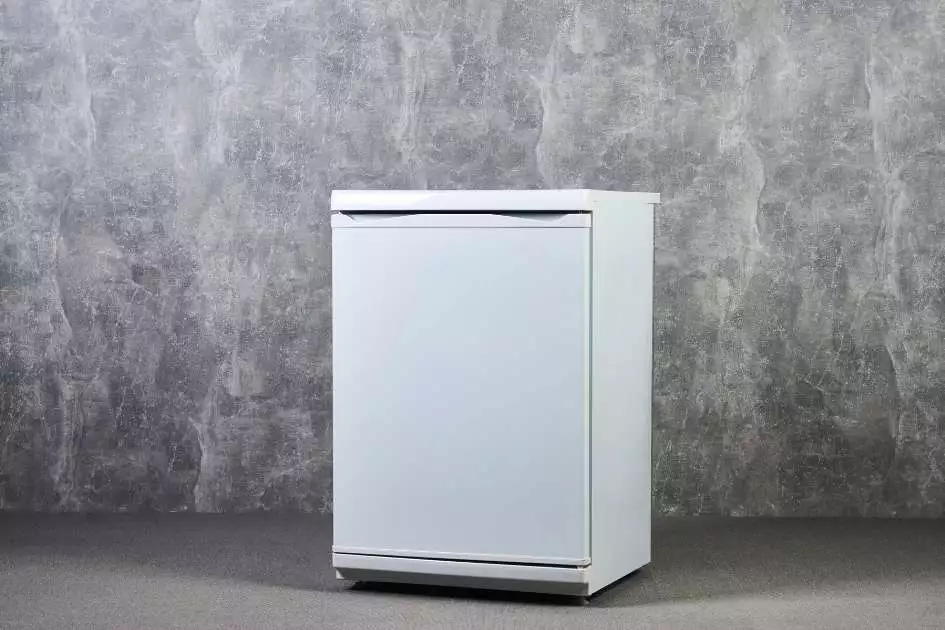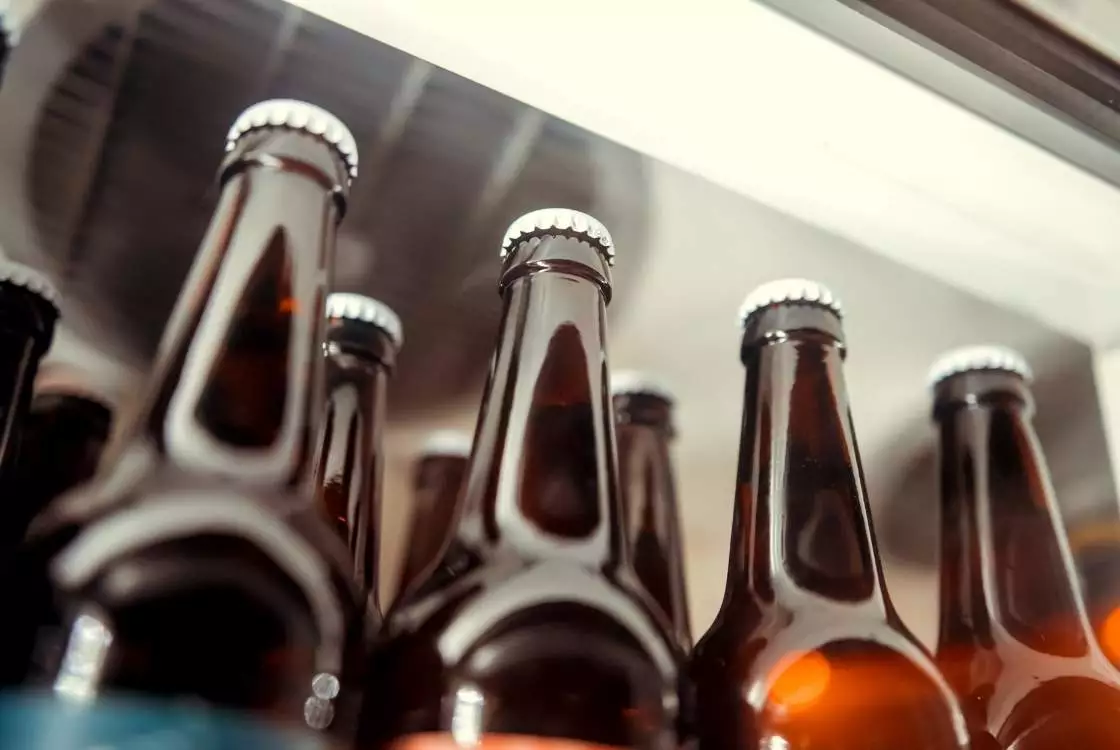There are loads of ways to save money in the kitchen alone, which could have a substantial impact on the household bills at the end of the month.
Main Expense Items in the Kitchen
1. Cooking
Keeping a lid on a pot while waiting for it to boil will actually save energy. It takes double the time for a pot without a lid on to boil, hence double the time the stove needs to be on. Cooking times will be faster thereby reducing the amount of gas or electricity used. Also, make sure you use the right size pot for what you are cooking; boiling one lonely egg in a large casserole sized pot is not sensible.
2. Microwave
When reheating food, quickly put it in the microwave for a few minutes, rather than putting the stove on to do the job. The microwave uses much less electricity than a stove, and is also great for things like roast potatoes, or crispy jacket potatoes. What could have taken an hour in the oven can take 20 minutes in the microwave. Just pop your already microwave-cooked potatoes in the oven to crisp over under the grill for 10 minutes.
3. Washing Machine
Every time you put your washing machine on the hot water cycle, it will use more electricity to heat the water up. Try using that function as little as possible, as hot water is not necessarily good for clothing and delicate things like sweaters in the first place. Most modern detergents don’t require the water to be hot to do their job, so only use the hot water function if you really have to. Cold water and good detergent should do the job perfectly well.
4. Kettle
A kettle really uses up a lot of electricity. When boiling the kettle for tea or coffee, remember only to use the amount of water you will actually need, as the more water that is in the kettle, the longer it will take to heat up. Just one cup at a time will help you save electricity in the kitchen. Take the time to unplug the kettle and other appliances if you are not using them, as they still use electricity even if they are not actually switched on and in use.
5. Dishwasher
Using a dishwasher to wash your dishes can save you quite a bit of money in the kitchen. A dishwasher uses less energy, less water and les detergent to clean an entire load of dishes, cups and utensils. Hand washing takes a long time, you need lots of hot water, lots of detergent and lots of cold water for rinsing, often having to refill the basin to finish a big load. Remember though, only put the dishwasher on when it is full.
Tips for Keeping Energy Costs Low With a New Kitchen
If you are ready for a new kitchen, this is an excellent opportunity to increase sustainability and keep your energy costs low immediately. For example, natural gas-free living is the latest trend due to climate change, and it is wise to go for an induction hob. Read on for more energy-efficient tips that you can take into account when installing a new kitchen.
Choose an induction hob
More and more households are getting rid of gas. So do not opt for a gas stove in your new kitchen, but have an induction hob installed. This electric hob is the most economical and consumes less than a 'normal' electric hob or a ceramic hob. In addition, an induction hob looks sleek and modern, so that it comes into its own in any interior. Also important: an induction hob is easy to clean.
Lighting in the kitchen
Before you move or have a new kitchen installed, make a plan for the lighting. By placing the right lighting in the right place, you may work with fewer lamps, which saves on energy costs. Choose sustainable LED lighting, which is now available in many attractive variants. LED lights are to consume up to 90% less energy than a halogen or incandescent lamp.
Ventilation in the kitchen
Adequate ventilation in the kitchen is indispensable. During cooking, odors, moisture, and combustion gases are released, which you can quickly get out of the house thanks to adequate ventilation. The best solution is an extractor hood above the hob. For the best results, choose an extractor hood that blows out the polluted air. This immediately drains a lot of moisture outside. If you can separate kitchen from the living room, this is preferable to an open kitchen in terms of ventilation facilities. The kitchen often has a place in the house near a window. You can open this to allow all moisture, grease, and odors to escape in combination with the extractor hood.
Economical kitchen appliances
The purchase of a new kitchen often goes hand in hand with new kitchen appliances, such as a refrigerator, dishwasher, or a luxurious wine cabinet. When purchasing, pay attention to the energy label to keep energy costs low. A +++ is the most economical energy label. If you buy a complete kitchen including appliances, it is advisable to explicitly ask for the energy labels of the equipment that you will receive. Usually, you do not get to hear this automatically, and you still have the chance to undergo it when you are not satisfied with the equipment's energy rating. What is essential to know is that there is a big difference between an A + and A +++ energy label. With refrigerators, consumption saves no less than 100%! So, wherever possible, go for the most economical brand to save as much energy costs as possible.
Conclusion
All of these energy and money saving practices won’t put much of a dent in your kitchen bill alone, but together, they can make a big difference to your monthly household costs, and if you are counting pennies, the kitchen is where you will see the big savings. Get the entire family involved and after a few weeks, being energy conscious to save money will become second nature.


